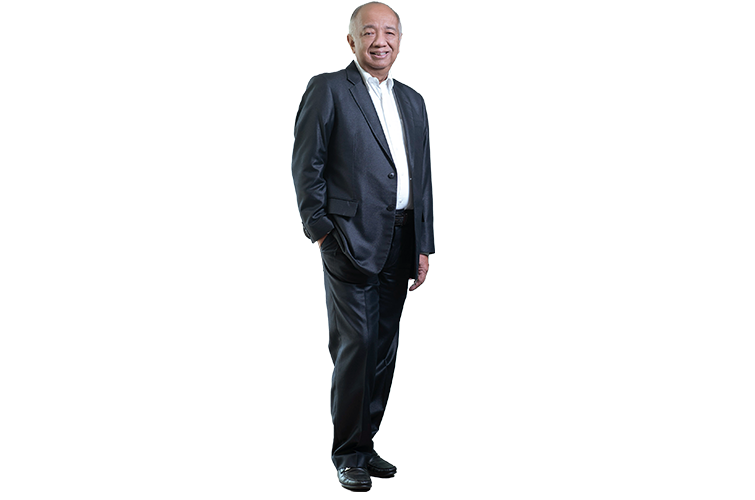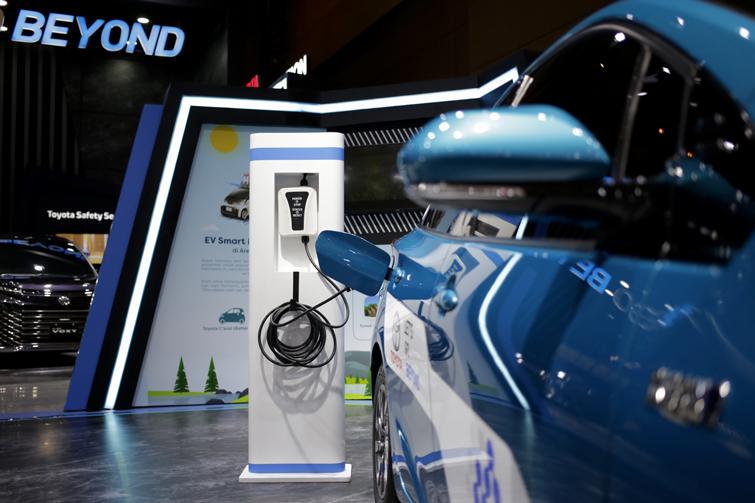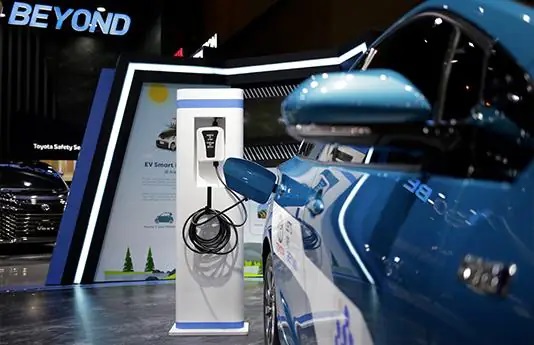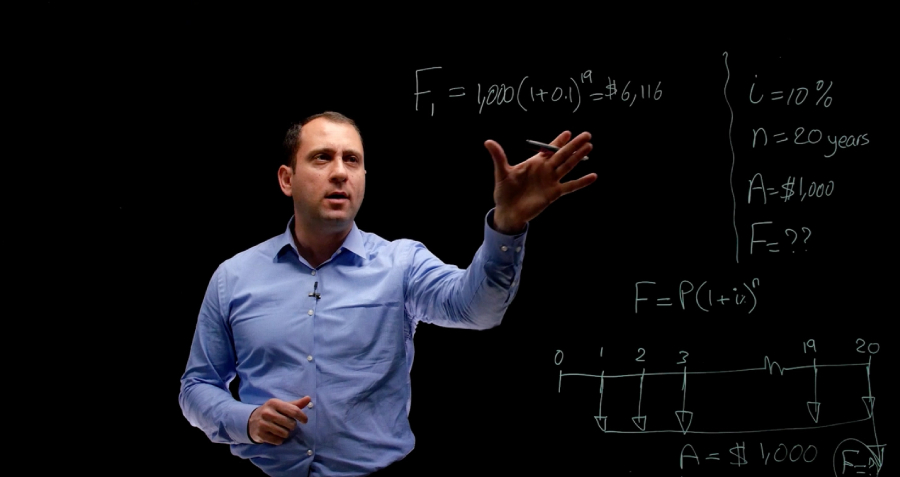
Cyrillus Harinowo, Independent Commissioner of BCA Bank, CKGSB ASEAN Global Leadership Program Alumnus
Dr. Harinowo served the Central Bank of Indonesia for twenty-five years, including as Director and Head of the Money Market and Monetary Management Department, where he led the implementation and management of the bank’s monetary policy. He also served the government as Assistant to the Minister of Trade, and in various roles, including as delegate to the Inter-Governmental Group on Indonesia (IGGI) and the Consultative Group for Indonesia (CGI) at IMF and World Bank annual meetings. In addition, Dr. Harinowo served at the IMF in Washington D.C. as Alternate Executive Director and as Technical Assistance Advisor at the Monetary and Exchange Affairs Department of the organization.

The collaboration between Chinese, Korean, Japanese and Indonesian companies will strongly promote the development of the EV industries in Indonesia.
The Regional Comprehensive Economic Partnership is a free trade agreement between ASEAN countries and its free trade partners, like China, Japan, South Korea, Australia and New Zealand. India was initially part of the negotiating parties, but at the end of the process opted out from the Agreement.
Among various sectors that fit into the spirit of the Agreement, one of them is certainly the rise of the electronic vehicles (EV) industry. China and South Korea are at the forefront of that competition.
Japan, initially slow to catch on in the early stages, eventually joined the bandwagon and quickly developed its own EV industry.
In the fierce competition of the global EV industry, the performance of cars has certainly become the hottest bet. In this case, the performance of EV batteries plays a significant role in that competition. TESLA was the first player to use nickel-based batteries in its premium cars. For their standard cars, such as the Model 3 and Model Y, TESLA uses lithium ferro-phosphate (LiFePO4) batteries. Since the cost of nickel-based batteries is still very expensive, the global batteries manufacturers, such as CATL and LG Chem, eventually tried to reduce the cobalt content of the batteries. Therefore, they introduced NCM811 (nickel, cobalt manganese with the ratio 8-1-1) and further developed NCM955, which only has a Cobalt and Maganese to Nickel proportion of 0.5 to 9.
In the development of the nickel-based batteries, the largest producers of nickel products in the RCEP countries are Indonesia and the Philippines. In this case, the Philippines was the pioneer. With the help of Sumitomo Metal Mining Co Ltd, the Philippines developed HPAL (High Pressure Acid Leaching) facilities in Taganito and Coral Bay. However, in recent years, a Chinese company has successfully developed HPAL facilities in Ramu, Papua New Guinea, heating up the competition between the Japanese and the Chinese companies to become the largest player in the EV battery industry.
The rise of the nickel industry started when the Indonesian government introduced a mineral down-streaming policy. In the past, mineral ores, including nickel, was exported as ores. Thus, the value created from those exports were small. Starting in 2014, a number of Chinese companies have built smelters in Indonesia, to produce nickel pig iron, ferronickel, nickel matte or even carbon steel and stainless steel. These companies have increased their commercial production and, in 2017, exports of iron and steel were on the rise. This case highlights the success of cross-border collaboration between the manufacturers and the mining companies in developing a supply chain for the stainless-steel industry.
In 2017, Indonesian nickel-based industry saw a new opportunity on the horizon to the boom in the global EV industry. They developed new collaborations to build facilities for EV battery materials. HPAL technology created a number of companies ready to take advantage of this new market, especially after the success of the Chinese made HPAL facility in Ramu, Papua New Guinea.
The first company to successfully develop a facility that has started producing and exporting commercially viable products in the middle of 2021 is Halmahera Persada Lygend, a joint venture between Indonesian company Harita Group and Chinese company Ningbo Lygend. The joint venture built their facility on Obi Island, Northern Mollucas Province. This year, two more companies will complete their construction and production will start once they pass the commissioning process. In not too long afterwards, Sumitomo Metal Mining Co Ltd will also develop a HPAL facility together with Vale Nickel Company.
The HPAL facility produces mixed hydroxide precipitates (MHP). This product should be processed further into nickel sulfate and cobalt sulfate in the refining plant. Currently the refining process is being done in China. Therefore, companies like Halmahera Persada Lygend have to export the MHP to China. In the future, refining plant will be built in Indonesia so that no transaction cost to China is needed. The third process is the precursor plant, which can also be built in Indonesia. If that is the case, the cost of production for EV batteries can be economized quite significantly.
Korean company, LG Chem, has already developed an EV batteries industry in West Java, Indonesia. Not too long after LG Chem, a Chinese company, CATL, will also develop an EV batteries plant in Indonesia. These companies currently import precursor from China. With the development of the precursor plant in Indonesia, the full cycle of EV battery supply chain can be developed in one place. This is an example of how collaboration between Chinese, Korean, Japanese and Indonesian companies will strongly promote the development of the EV industries in the region.




















